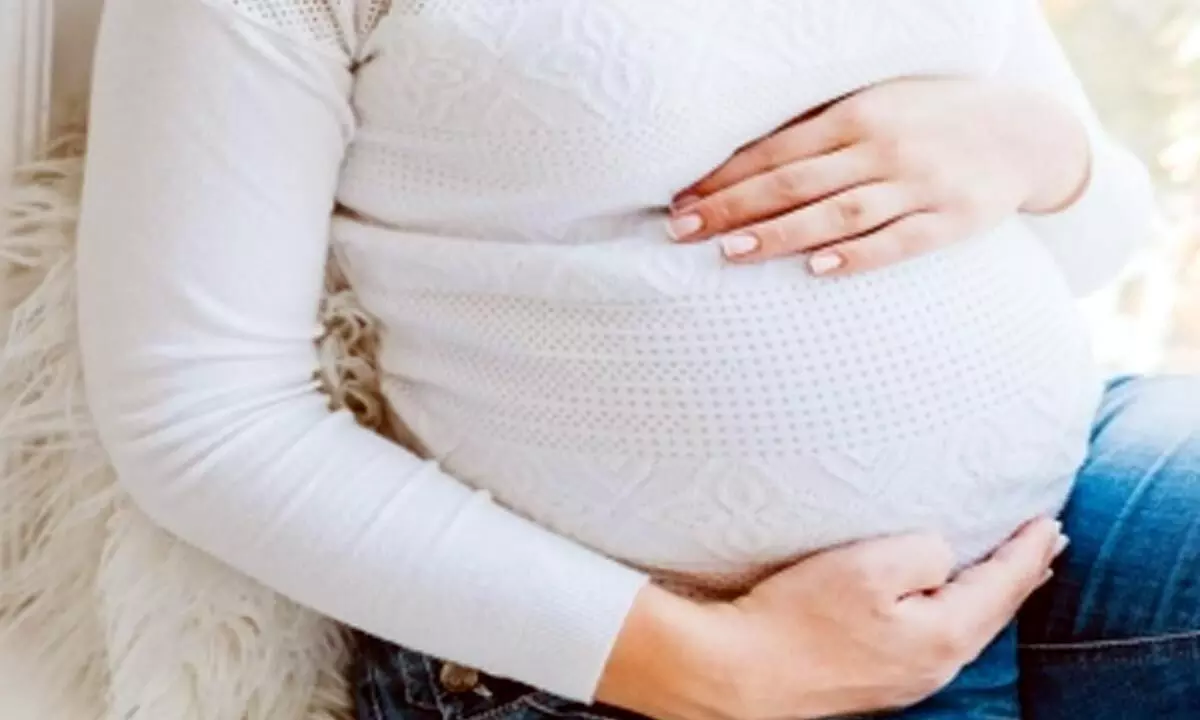Calcium, vitamin D deficiency may affect bone health of pregnant women
Share :

Covid vax leads to higher antibody levels in pregnant women, babies
Proper intake of calcium and vitamin D in pregnancy may be key for good bone health in women during and after birth, said experts on Saturday.
New Delhi: Proper intake of calcium and vitamin D in pregnancy may be key for good bone health in women during and after birth, said experts on Saturday.
A woman's bone health can change before and after pregnancy. While a woman is pregnant, her body undergoes numerous changes to support the growth of the foetus, and this affects bone health.
"Oestrogen that helps maintain bone density reduces significantly during pregnancy, leading to increased bone resorption. This involves breaking down old bones in the body to release calcium needed by a growing baby. Vitamin D deficiency and anaemia further add to bone loss. They must be taken care of pre-pregnancy and during pregnancy too," Sandhya Rani, Senior Consultant - Obstetrics & Gynaecology, Aster Women and Children Hospital, Bengaluru, told IANS.
Some women with inadequate levels of calcium, and vitamin D are likely to suffer from pregnancy-associated osteoporosis.
Although rare, these women typically experience bone fractures during birth or eight to 12 weeks following delivery.
"Calcium is important in pregnancy. The pregnancy is a highly metabolic state because of the hormonal imbalance of progesterone and everything. The calcium requirement for the mother and the baby is more," Vinay Kumar Gautam, Consultant - Orthopaedics, Manipal Hospital, Kharadi, Pune, told IANS.
"But to avoid any kind of osteoporosis, we have to see the calcium intake. If calcium is minimal we add vitamin D3," the doctor added.
Sandhya explained that oestrogen level decreases even more after giving birth. The most affected part of the skeletal system is found on the spine, hips, and wrists therefore more intensive loss of bone mass occurs here.
Within this period, there is typically a rapid decline in bone density that persists for about six months following childbirth (particularly among those who breastfeed).
"Most of the women regain normal bone density by 12 months post-delivery. Calcium requirement goes up because of breastfeeding which may also accelerate skeletal resorption. To conclude, a balanced diet, exercise, and supplements are the key," she said.













